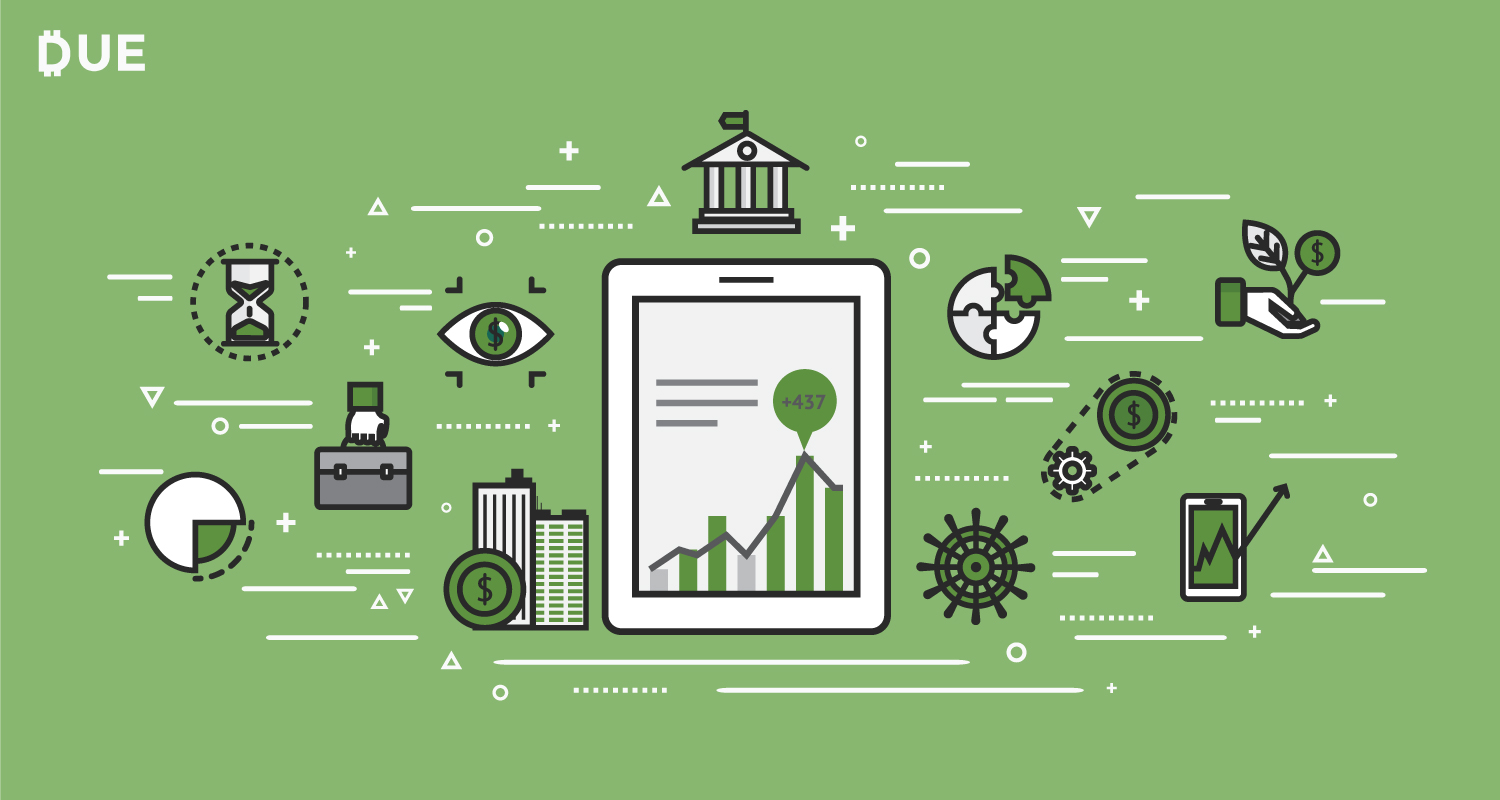On June 6, 2018, I participated in a program called FinX at the annual Center for Financial Services Innovation’s annual Emerge conference. Part of the conference included a pre-conference session called FinX. In FinX, I joined two other participants in a list of tasks including cashing a paycheck, sending a money transfer, using a pre-paid debit card, and other tasks and challenges.
I had some eye-opening experiences along the way, including finding a lottery machine in a payday loan shop! Follow along for five other interesting lessons I learned along the way.
Table of Contents
ToggleCheck cashing is incredibly slow
Our first stop was at a check cashing business where I had to cash a $70 “paycheck” written to me from CFSI. My FinX experience took place in Los Angeles in the downtown Hollywood area, so we walked down to Sunset Boulevard to cash my check and knock the first item off of the list. Even though the check had my name and matched my ID, it still took two phone calls and about 20 minutes to get my cash.
At another check cashing and payday loan business, a long line formed as one member of my team spent about 10 minutes cashing a $15 check. That is a huge amount of effort for just $15. We spent over 30 minutes cashing the two checks, something that we could have done in less than a minute with our mobile banking apps on our phones.
But many low-income people don’t have a bank account. Even if they do have a smartphone, they can’t deposit a check as easily as the rest of us.
Poor people pay for things the middle class gets for free
Cashing that $70 check wasn’t free. While depositing a check in your bank account doesn’t cost a cent, I paid a $5 fee to the check cashing business to get $65 back in cash from my $70 check. That is a fee of over 7% for money that was already mine!
Our next stop was a 7-Eleven store where we wanted to send a $30 money transfer via Western Union. We paid about $3, or 10%, to send the money to another member of my team for pickup just a few blocks away. Again, this is something we could do for free with a checking account. Using Venmo, PayPal, Zelle, or built-in transfer tools at my bank, I can send the $30 for no charge. It isn’t instant, in some cases, but it is free.
Underbanked money services are not consistent
You may be wondering why I cashed a $70 at one business and my teammate cashed her check at another. The reason was the first check casher wouldn’t take the personal check she had. We needed to visit another check cashing business to cash both checks. That was a big surprise!
We were not the only team out and about during our FinX day. Other teams reported similar experiences. Two teams went to the same Chase bank branch to cash checks at different times and paid different fees, and that was a major bank that serves customers from all walks of life! My team went into a US Bank branch and asked some questions and left with no help and nothing finished from our list. I was very disappointed in my experience at that US Bank branch.
Prepaid products are not always reliable
At the 7-Eleven we also bought a prepaid card (about $3) and loaded it with $10. After 20 minutes on the phone with the company, they said the card should be working. But we couldn’t get it to work. We couldn’t make a purchase with the card or reload it. We tried to reload it with $10 more and were told we had to load at least $20 at a time (different experience at two different 7-Eleven locations). When we tried to load $20, we couldn’t load it at all.
Prepaid cards are a popular way for underbanked and unbanked individuals to shop online (cheaper than many stores) and handle many other transactions. But thanks to the high fees and low reliability, these products likely put them farther behind.
Entrepreneurs can make a difference
As a member of the “press,” I had an opportunity to speak with many of the speakers and executives at the conference. That list included founders and CEOs of apps designed to help low-income families improve their lifestyle, standard of living, and money situation. If you can make a social impact at your business in addition to profit, you are doing something right. Business leaders have a real opportunity to make a difference. Don’t let your opportunity go to waste.
















